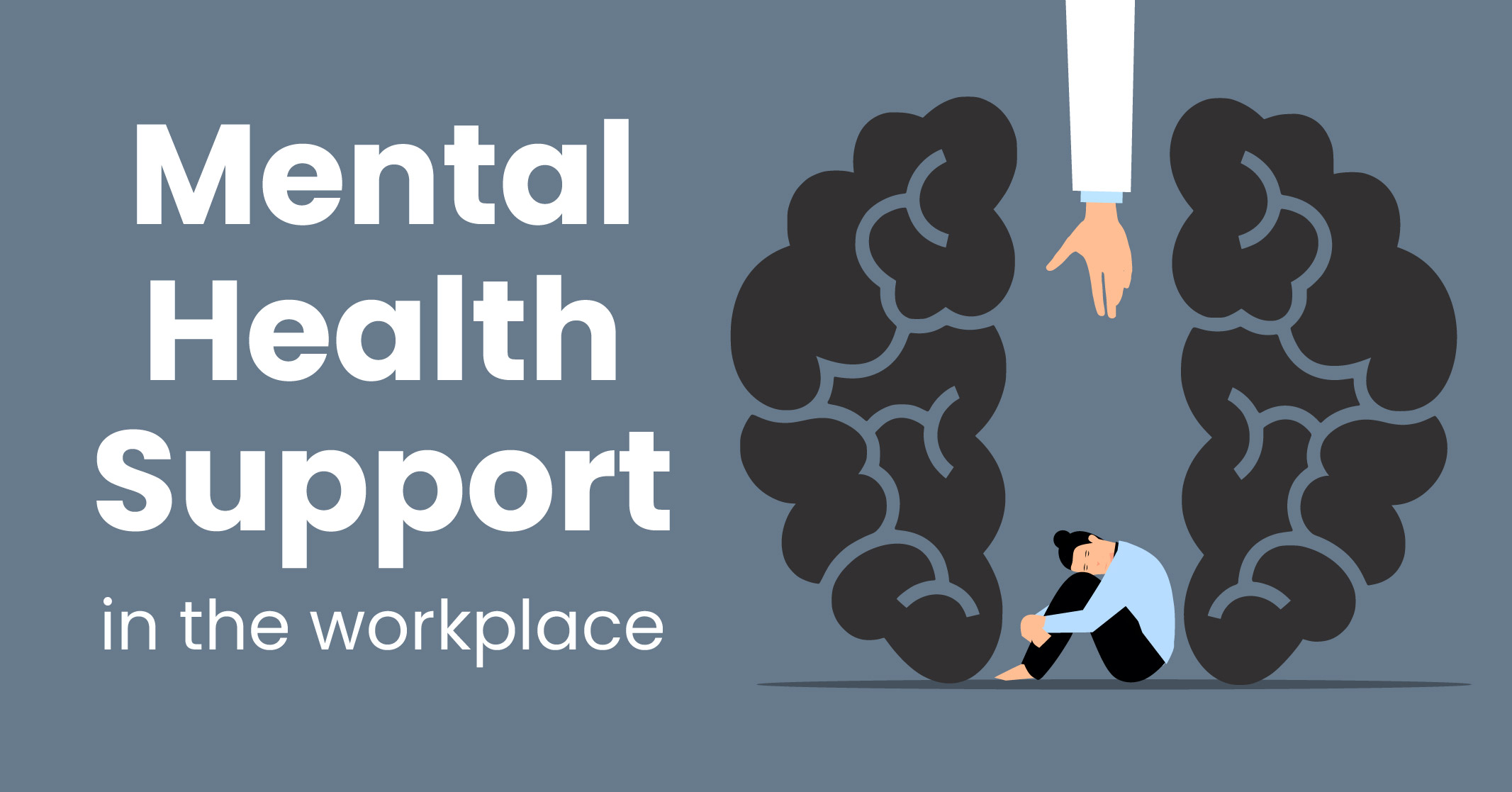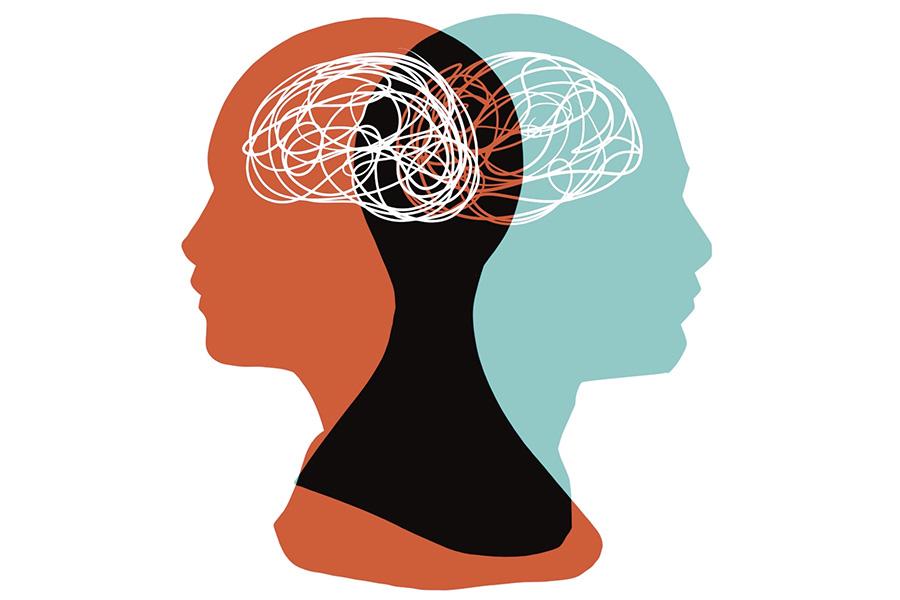Achieving Stability with Reliable Inpatient Mental Health Treatment
Achieving Stability with Reliable Inpatient Mental Health Treatment
Blog Article
Comprehensive Inpatient Mental Health Services for Effective Treatment
Inpatient mental wellness solutions stand for an essential component of the health care system, providing a extensive and structured setting for individuals experiencing severe emotional distress. These solutions employ a multidisciplinary method, incorporating different evidence-based therapies to address the intricate needs of individuals. Nevertheless, the efficiency of such comprehensive treatment prolongs past immediate stablizing; it also incorporates the change to outpatient support, an essential phase typically neglected. Exploring the nuances of this continuum discloses substantial effects for both specific recovery and more comprehensive psychological health outcomes. What aspects really affect this change, and just how can we improve its effectiveness?
Understanding Inpatient Mental Wellness Solutions
Inpatient psychological health solutions provide important assistance for people experiencing severe psychological distress that can not be managed properly in an outpatient setting. These services are developed to provide an intensive level of treatment in an organized atmosphere, typically within a hospital or specialized facility. Individuals confessed to inpatient programs typically display acute signs, such as suicidal ideation, severe anxiety, or psychosis, demanding day-and-night tracking and intervention.
The admission procedure normally involves an extensive analysis by psychological wellness experts, that assess the person's psychological state, background, and immediate demands. When confessed, clients involve in a range of healing techniques tailored to their certain requirements, including medicine administration, individual treatment, and group sessions. This all natural method intends to stabilize the client's problem, promote safety and security, and foster coping abilities.
Inpatient mental health and wellness services not only address prompt health and wellness concerns yet likewise function as a bridge to recurring treatment. By providing a controlled atmosphere, these solutions promote the growth of treatment plans that can be continued in outpatient settings, thus ensuring a continuum of care and boosting long-lasting results for people with complicated psychological health and wellness requirements.
Trick Elements of Effective Therapy
Reliable therapy in inpatient psychological health and wellness solutions makes up a number of essential elements that promote recovery and stabilization. A comprehensive analysis is crucial to recognize the person's particular needs and challenges. This analysis educates the advancement of a tailored therapy strategy, which works as a roadmap for intervention.
An additional essential element is the multidisciplinary team approach. Cooperation amongst psychiatrists, psycho therapists, registered nurses, and social workers ensures that numerous point of views add to the person's treatment, improving the performance of treatment. Evidence-based healing methods, such as cognitive-behavioral treatment (CBT) and dialectical habits therapy (DBT), are additionally essential, providing organized techniques that resolve maladaptive thought patterns and behavioral problems.

Last but not least, a focus on aftercare preparation is vital to guarantee a seamless change to outpatient services, decreasing the danger of relapse and advertising long-term health. These collective parts create a reliable treatment structure within inpatient mental wellness services.
Advantages of Comprehensive Care

Extensive treatment in inpatient psychological health services provides many advantages that significantly improve individual end results. Among the primary advantages is the alternative strategy to treatment, resolving not just the psychological symptoms but likewise the physical, social, and emotional requirements of individuals. This thorough assessment enables tailored interventions that promote overall wellness.
One more benefit is the combination of multidisciplinary teams, which promotes partnership among healthcare experts. This collaborative environment guarantees that clients receive coordinated care, reducing the risk of fragmented therapy and boosting interaction amongst caregivers. Additionally, extensive care facilitates connection of solutions, enabling seamless transitions from inpatient to outpatient setups, which is click this link critical for lasting healing.

Finally, the structured environment of comprehensive inpatient care gives a secure room for individuals to take part in restorative activities, helping them create dealing methods and resilience. Collectively, these advantages add to much more effective treatment and boosted high quality of life for individuals experiencing mental wellness dilemmas.
Evidence-Based Therapeutic Approaches
In the world of mental health therapy, evidence-based restorative methods play an essential duty in making sure that clients check this site out receive reliable and clinically sustained treatments. These approaches incorporate the most effective available study with medical proficiency and person values, cultivating a tailored therapy experience that deals with individual requirements.
Cognitive Behavior Modification (CBT) is one of the most extensively recognized evidence-based methods, concentrating on identifying and altering adverse thought patterns and behaviors. This structured technique has actually demonstrated efficacy in treating problems such as depression, ptsd, and stress and anxiety. Dialectical Behavior Therapy (DBT) is particularly effective for people with borderline individuality problem, stressing the growth of psychological law and social efficiency abilities.
Furthermore, medicine administration is typically an important element of evidence-based treatment, as psychotropic medications can alleviate symptoms and boost general functioning. Collaborative care versions, which include multidisciplinary teams, even more enhance the efficiency of inpatient solutions by making sure extensive assessments and continuous surveillance.
Eventually, the integration of evidence-based healing strategies not only promotes favorable medical outcomes yet likewise empowers people, promoting a sense of firm and durability in their mental wellness journeys.
Transitioning to Outpatient Assistance
The shift from inpatient psychological health and wellness services to outpatient assistance marks an essential phase in a patient's healing journey. This duration requires careful planning and coordination to make sure continuity of treatment and to reduce the threats of relapse or situation. Efficient discharge preparation ought to start early in the inpatient stay, entailing a why not look here multidisciplinary team that includes psychoanalysts, psychologists, registered nurses, and social workers.
Crucial element of a successful change include the advancement of a comprehensive aftercare plan customized to the individual's certain demands. This plan must lay out follow-up visits, medicine monitoring, and therapeutic treatments, along with identify neighborhood sources and assistance groups that can help with continuous recuperation.
Furthermore, individual and family members education is important during this stage. Recognizing the signs of potential problems and the value of sticking to therapy can empower patients and their support group.
Routine follow-up and reassessment of the outpatient strategy are crucial to address evolving challenges. By promoting a collective connection in between outpatient and inpatient carriers, the likelihood of sustained recovery increases, ultimately enhancing the patient's quality of life and reducing the risk of readmission.

Conclusion
In summary, comprehensive inpatient mental health services offer an important framework for addressing severe psychological distress via a multidisciplinary strategy. Inevitably, such thorough treatment is crucial for long-lasting mental health and well-being.
The admission procedure generally entails a detailed evaluation by mental health specialists, that examine the individual's mental state, background, and instant requirements.Effective therapy in inpatient psychological health and wellness solutions makes up several key parts that promote recovery and stablizing.Detailed care in inpatient psychological health and wellness services supplies many benefits that significantly boost client outcomes.The change from inpatient mental wellness services to outpatient assistance marks a crucial stage in a client's recuperation journey.In summary, detailed inpatient mental health and wellness services use a vital structure for dealing with extreme mental distress via a multidisciplinary method.
Report this page